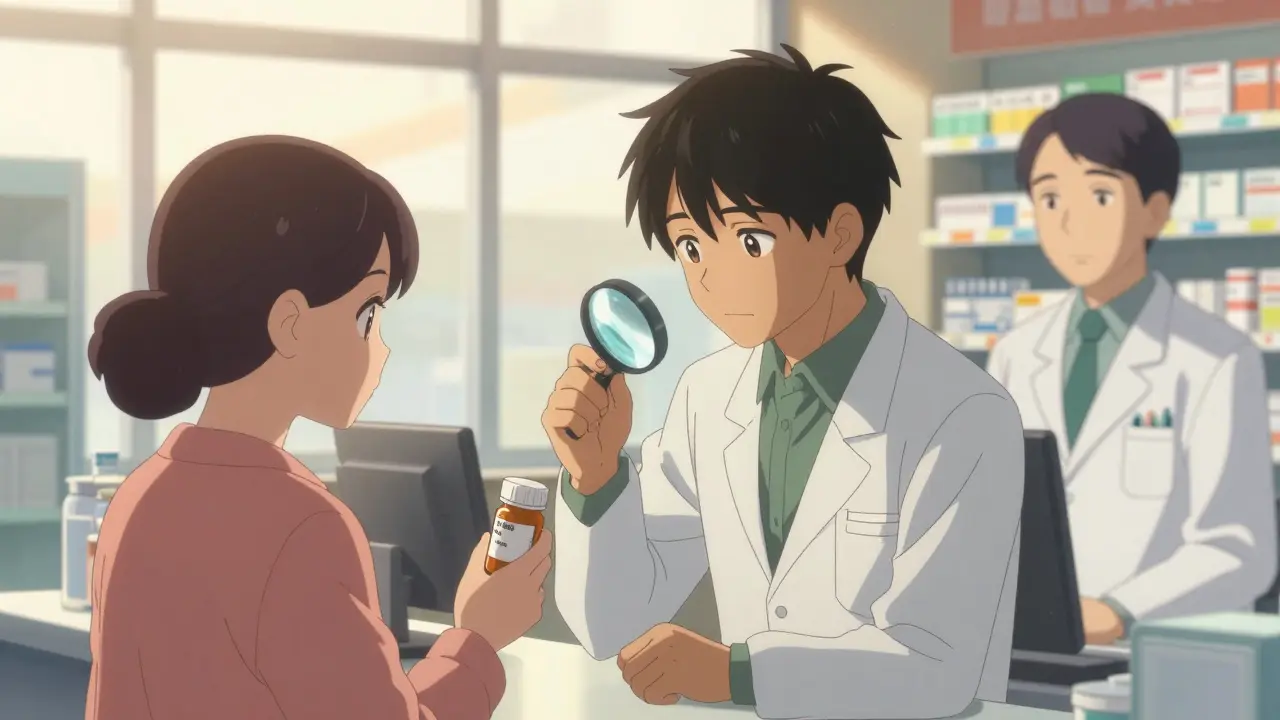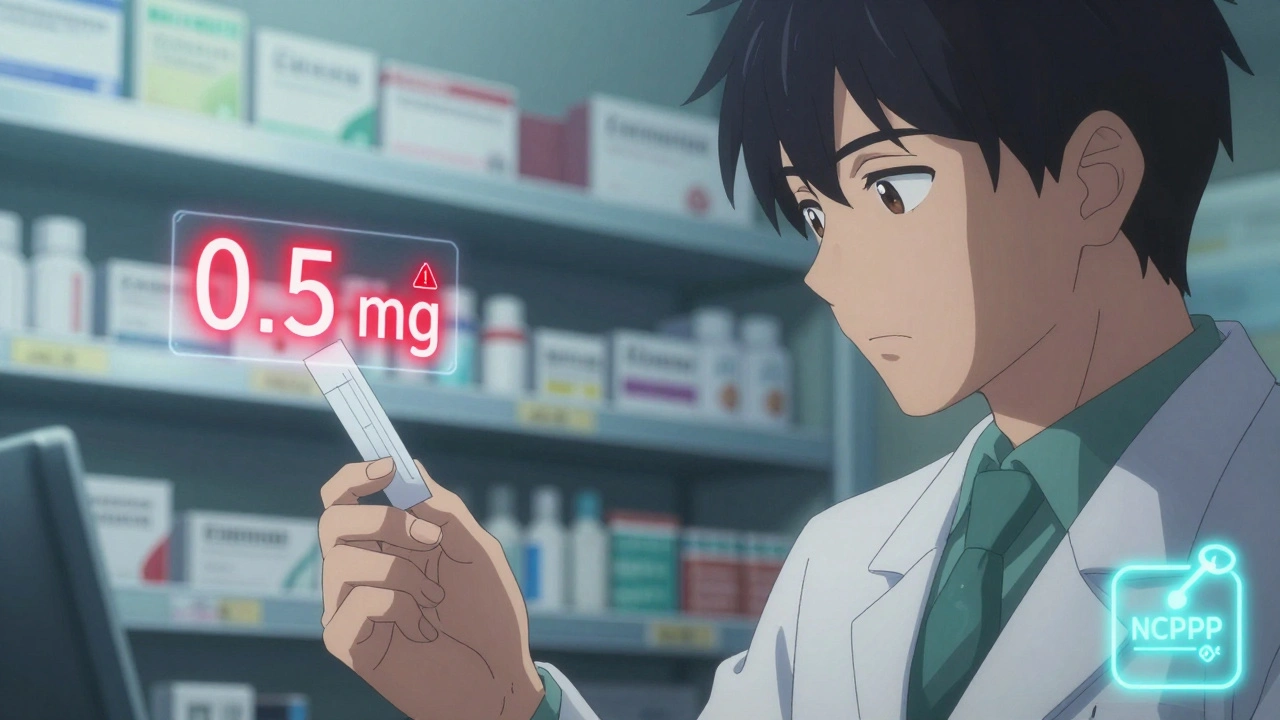Pharmacy Safety: How to Buy Medicines Safely Online and In-Store
Worried about fake pills, wrong doses, or sketchy online sellers? Pharmacy safety is simple if you know what to check. This guide gives quick, practical checks you can use every time you buy medication.
Whether you visit a shop or click order, the same rules apply: trust verified sources, inspect what you get, and ask questions when something feels off.
Pick a trusted pharmacy
Start by confirming the pharmacy is licensed. Look for a visible license number, a physical address, and a real pharmacist's name and contact. For online shops check for verified seals (like VIPPS in the US), an HTTPS site, clear return and privacy policies, and real user reviews. Avoid sellers that won't ask for a legitimate prescription for prescription-only drugs. If a price looks too low, that's a red flag - counterfeit meds often sell cheap.
Check your meds before you take them
Open the package and inspect the label, expiry date, lot number, and patient name. Compare tablets or capsules with trusted images on manufacturer sites or a pill identifier app. Read the leaflet for dosing and side effects. If pills look different in color, shape, or smell, don't take them until you confirm with the pharmacy.
Some medicines need special shipping or storage. Insulin, biologics, and certain vaccines must stay cold. Check that packaging was insulated and that delivery was fast. Keep records: save order confirmations, tracking info, and packaging until you're sure the medicine is correct.
Drug interactions and dosing errors cause a lot of harm. Tell your pharmacist about other prescription drugs, OTC supplements, and recreational substances you use. Use a trusted interaction checker or ask the pharmacist to review your medicines. Never change the dose or stop an antibiotic without talking to your doctor.
Watch for signs of counterfeit or unsafe meds: blurry labels, spelling mistakes, no leaflet, packaging that looks resealed, odd side effects, or a seller shipping from an unrelated country. If you suspect a counterfeit, stop taking the medicine, keep the packaging, contact the pharmacy and your prescriber, and report it to your local drug regulator.
Protect your privacy and payment: only use secure payment methods, avoid ordering on public Wi-Fi, and check the site's privacy policy. Prefer pharmacies that require identity verification for controlled drugs and that offer pharmacist contact for questions.
Small checks prevent big problems. Use these simple steps every time you buy medication and ask questions if anything feels wrong. Find more practical pharmacy safety tips and medicine guides at AccessRx.su.
Before travel or emergencies, make a medicines list: include drug names, doses, prescriber contacts, allergies, and pharmacy phone number. Keep a paper and digital copy. Ask your doctor for extra prescriptions if you may travel long-term. Learn generic names - pharmacies might substitute a brand with an equivalent generic, and knowing the active ingredient avoids confusion. If language is a barrier, save translated names and show them to local pharmacists. Keep receipts for returns.
Verifying Your Prescription at the Pharmacy: A Simple Patient Checklist to Avoid Medication Errors
Learn how to verify your prescription at the pharmacy with a simple 7-point checklist to prevent dangerous medication errors. Protect yourself with these easy steps before you leave the counter.
How to Safely Transfer Prescriptions and Keep Label Accuracy
Learn how to safely transfer prescriptions while avoiding dangerous labeling errors. Understand DEA rules, electronic transfer standards, and what patients must do to ensure accuracy and safety.
eDrugstore.com Guide: Safe Online Pharmacy Shopping Tips
Wondering if edrugstore.com is the real deal? This detailed guide covers how to use online pharmacies safely, what to expect, and tips for smart medication purchases.



